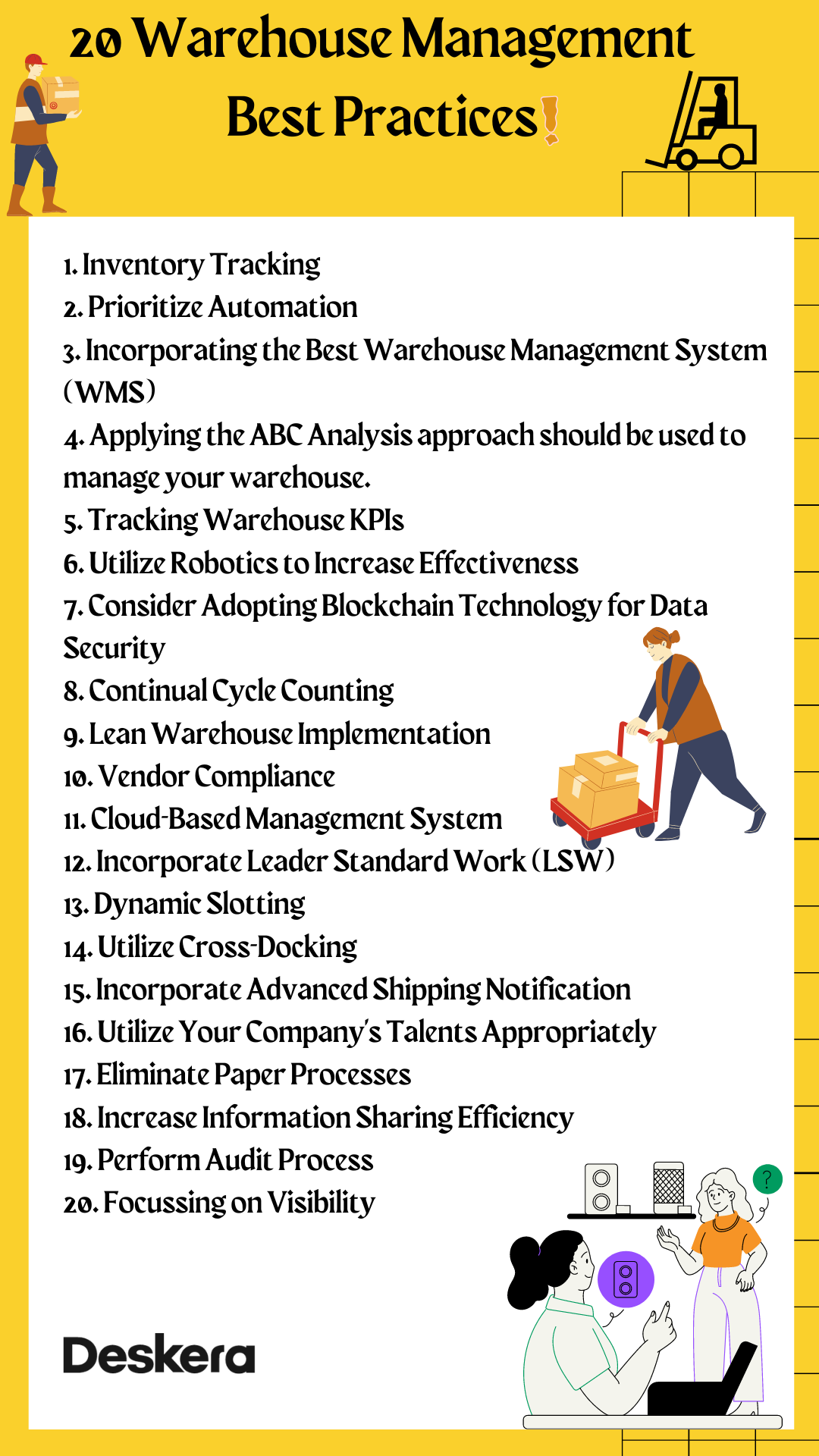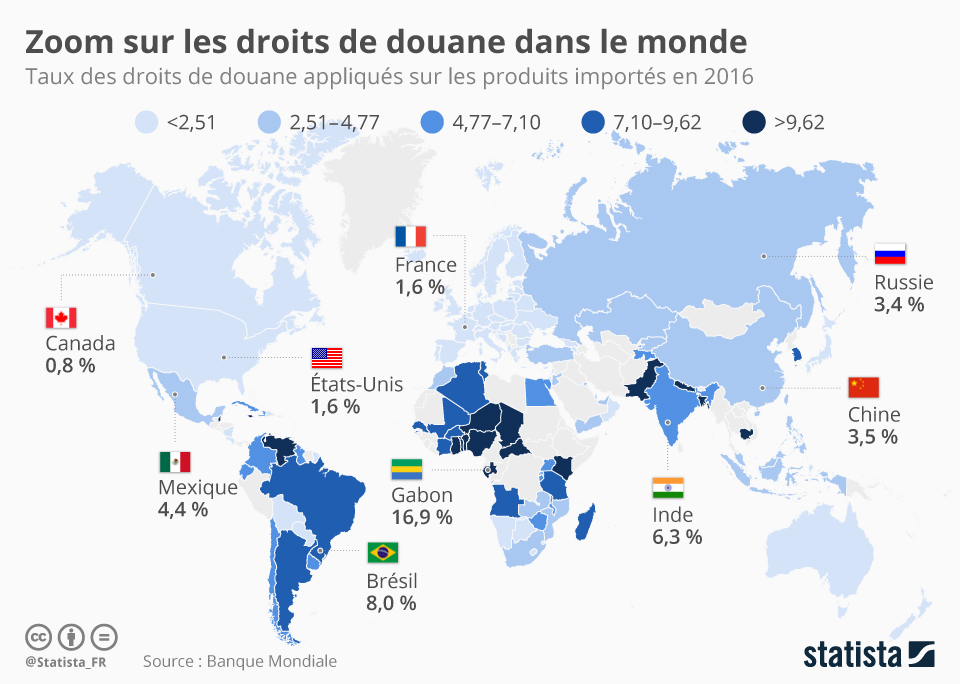Mobile App Privacy: Key CNIL Guidelines And Best Practices

Table of Contents
Data Minimization and Purpose Limitation (CNIL Principle):
The CNIL strongly emphasizes data minimization and purpose limitation. This means you should only collect the data strictly necessary for your app's functionality and explicitly state the purpose of that data collection upfront. Collecting unnecessary data increases your risk and violates fundamental privacy principles.
- Clearly state the purpose of data collection in your privacy policy. Be transparent and specific about why you need each piece of data. Avoid vague statements.
- Only collect data strictly necessary for app functionality. Before collecting any data, ask yourself: Is this data absolutely essential for the core functionality of my app? If not, reconsider its inclusion.
- Avoid collecting sensitive data unless absolutely essential and with explicit consent. Sensitive data (e.g., health information, religious beliefs, biometric data) requires a higher level of protection and explicit, informed consent.
- Implement data minimization strategies throughout the app's development lifecycle. Regularly review your data collection practices to ensure you're only collecting what's truly necessary.
Further Detail: Violating the principle of data minimization can result in significant fines and reputational damage. The CNIL actively investigates and sanctions companies that fail to comply with these fundamental principles of data protection.
Transparency and Informed Consent (CNIL Requirement):
Transparency and informed consent are cornerstones of mobile app privacy. Users must understand how their data is being collected, used, and protected. Obtaining truly informed consent requires clear and accessible communication.
- Provide a clear and concise privacy policy, easily accessible within the app. Don't bury it in lengthy terms and conditions; make it readily available and easy to understand.
- Use plain language, avoiding technical jargon. Your privacy policy should be understandable to the average user, not just legal experts.
- Obtain explicit consent before collecting any personal data. Opt-in consent is mandatory – users must actively agree to the collection of their data. Pre-checked boxes are not considered valid consent under CNIL guidelines.
- Offer granular control over data sharing preferences. Users should have the ability to control what data is collected and how it is shared.
Further Detail: The CNIL distinguishes between opt-in and opt-out consent. Opt-in requires affirmative action from the user, while opt-out assumes consent unless the user explicitly objects. Only opt-in is considered compliant for most personal data under CNIL regulations.
Security of Personal Data (CNIL Obligation):
The CNIL places a strong emphasis on the security of personal data. You are obligated to implement appropriate technical and organizational measures to protect user data against unauthorized access, loss, or alteration.
- Implement appropriate technical and organizational security measures. This includes encryption, access controls, secure storage, and regular security audits.
- Protect data against unauthorized access, loss, or alteration. Implement robust security protocols to prevent data breaches and unauthorized access.
- Regularly assess and update security measures. The threat landscape is constantly evolving, so your security measures must adapt accordingly.
- Comply with relevant data breach notification requirements. In the event of a data breach, you must notify the CNIL and potentially affected users within the legally mandated timeframe.
Further Detail: Specific security measures might include encryption both in transit and at rest, multi-factor authentication, intrusion detection systems, and regular penetration testing. Failing to implement adequate security measures can lead to significant penalties.
Specific CNIL Guidelines for Location Data:
Location data is particularly sensitive and requires special attention. The CNIL has specific guidelines for its collection and use in mobile apps.
- Obtain explicit consent for location tracking. Clearly explain why you need location data and what you will do with it.
- Clearly explain the purpose of location data collection. Users need to understand exactly how their location data will be used.
- Minimize the collection of location data to only what's necessary. Don't collect more location data than your app strictly requires.
- Offer users the ability to disable location tracking at any time. Provide a clear and easily accessible option for users to turn off location tracking.
Further Detail: The level of location accuracy you request impacts the level of consent needed. More precise location data requires more justification and stronger consent.
Data Subject Rights (CNIL Entitlement):
Under CNIL regulations, users have several rights concerning their personal data. Your app must respect these rights.
- Implement mechanisms for users to access, rectify, and erase their data. Provide easy-to-use tools within your app to allow users to exercise these rights.
- Allow users to download their data (data portability). Users have the right to receive their data in a structured, commonly used, and machine-readable format.
- Respond promptly to data subject requests. Timely responses are crucial. The CNIL sets specific deadlines for responding to requests.
- Provide clear information on how to exercise these rights within your app. Make it easy for users to find information on how to access, rectify, or erase their data.
Further Detail: Failure to comply with data subject requests within the legally mandated timeframe can result in significant penalties.
Conclusion:
This article highlighted key CNIL guidelines and best practices for ensuring mobile app privacy. By prioritizing data minimization, obtaining informed consent, implementing robust security measures, and respecting data subject rights, developers can build trust with users and comply with French data protection regulations. Ignoring these principles risks substantial penalties and reputational damage. Prioritize mobile app privacy and build a compliant and trustworthy application today! Start reviewing your app's data practices against these CNIL guidelines now.

Featured Posts
-
 Pari Sen Zermen Synexizei Stin Euroleague Tin Epomeni Sezon
Apr 30, 2025
Pari Sen Zermen Synexizei Stin Euroleague Tin Epomeni Sezon
Apr 30, 2025 -
 Olivia Wilde And Dane Di Liegro Spotted Again Looking Loved Up At Lakers Game
Apr 30, 2025
Olivia Wilde And Dane Di Liegro Spotted Again Looking Loved Up At Lakers Game
Apr 30, 2025 -
 Chainalysis And Alterya Merge A New Era In Blockchain Technology
Apr 30, 2025
Chainalysis And Alterya Merge A New Era In Blockchain Technology
Apr 30, 2025 -
 Exclusive Report Trumps Approach To Reducing Automotive Tariff Burden
Apr 30, 2025
Exclusive Report Trumps Approach To Reducing Automotive Tariff Burden
Apr 30, 2025 -
 Rozkrito Prichini Distantsiyi Mizh Trampom Ta Zelenskim
Apr 30, 2025
Rozkrito Prichini Distantsiyi Mizh Trampom Ta Zelenskim
Apr 30, 2025
 50 Godini Praznuva Lyubimetst Na Milioni
50 Godini Praznuva Lyubimetst Na Milioni
